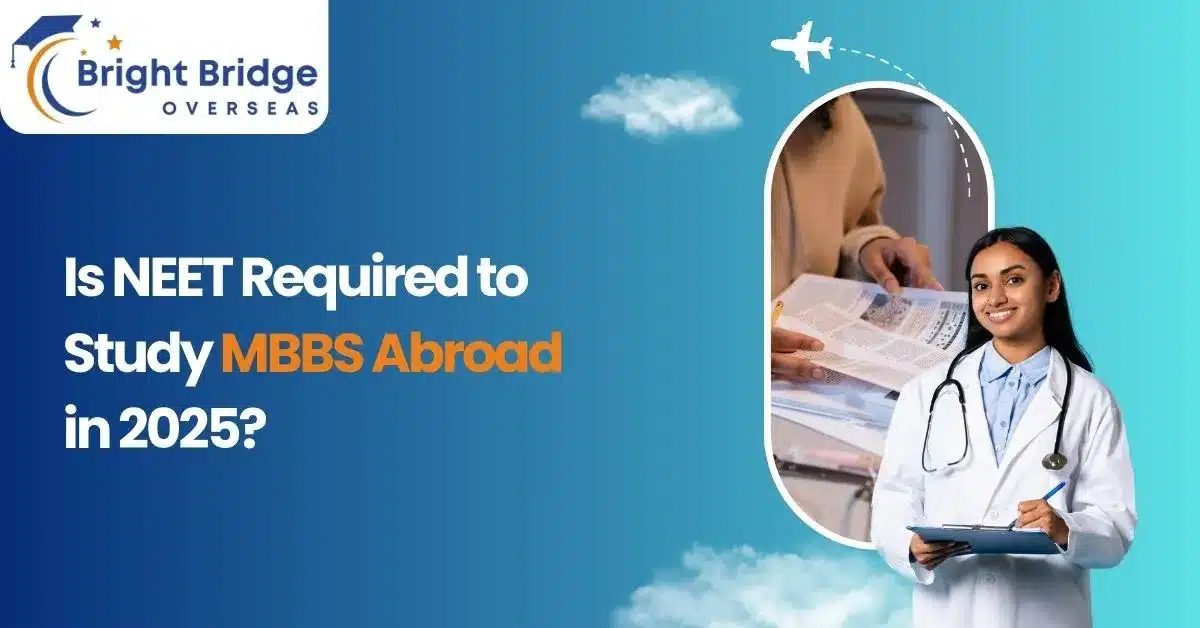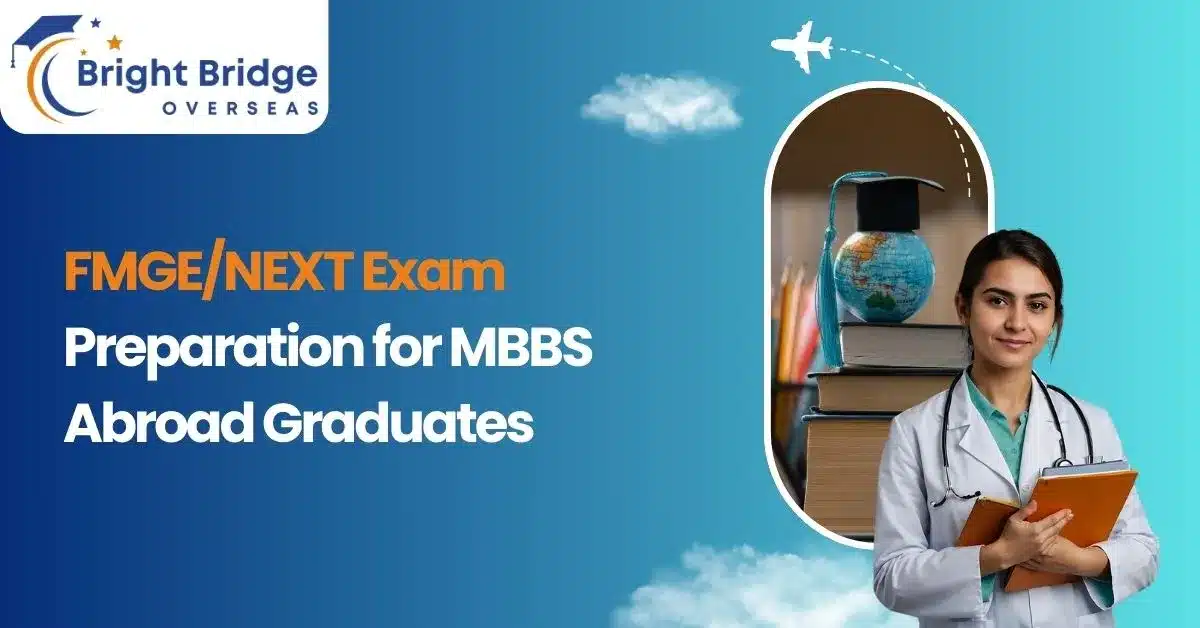Choosing to study MBBS abroad is a life-changing decision for many Indian students. With increasing…

Studying medicine is a dream for many aspiring doctors, and Georgia has emerged as a popular destination for international students due to its quality education and affordable costs. If you’re considering pursuing an MBBS in Georgia, this blog will guide you through the process, including admission requirements, studying tips, and what to expect while studying abroad.
Steps to Study Medicine in Georgia
Research Universities
Before applying, research various medical universities in Georgia. Some popular options include:
- Tbilisi State Medical University
- David Tvildiani Medical University
- Akaki Tsereteli State University
- Ivane Javakhishvili Tbilisi State Medical University
Ensure the university is recognized by the World Health Organization (WHO) and the Medical Council of India (MCI) (now National Medical Commission, or NMC).
Check Admission Requirements
Each university may have different admission criteria. Common requirements include:
- Completed application form
- Academic transcripts
- A valid passport
- A medical certificate
- English language proficiency proof (like IELTS or TOEFL)
Prepare Financially
Studying abroad involves several expenses. Along with tuition, you should budget for:
- Accommodation: Around $150 to $400 per month (₹12,000 to ₹30,000)
- Food: Approximately $100 to $200 per month (₹8,000 to ₹16,000)
- Transportation: About $20 to $30 per month (₹1,500 to ₹2,500)
- Miscellaneous Expenses: Around $50 to $100 per month (₹4,000 to ₹8,000)
Apply for a Student Visa
Once you receive an admission offer, you must apply for a student visa. Gather required documents such as:
- Admission letter
- Proof of accommodation
- Financial statements
- Medical insurance
Prepare for Your Journey
Before leaving for Georgia, familiarize yourself with the culture and lifestyle. Learning some basic Georgian phrases can also be helpful.
Tips for Studying Medicine in Georgia
Stay Organized: Keep track of your assignments, exams, and deadlines to manage your time effectively.
Engage with Peers: Building a support system with fellow students can help you navigate challenges and share resources.
Utilize Resources: Take advantage of the university’s libraries, laboratories, and study groups to enhance your learning experience.
Frequently Asked Questions
Is it difficult to study medicine in Georgia?
While studying medicine is challenging anywhere, Georgian universities provide the necessary support to help students succeed.
Are there scholarships available for international students?
Some universities offer scholarships based on merit or financial need, which can help reduce costs.
Can I practice in India after studying in Georgia?
Yes, after passing the FMGE, you can practice in India, provided your university is recognized by the NMC.
What is the language of instruction?
Most medical programs in Georgia are conducted in English, making it accessible for international students.
Can I work while studying in Georgia?
International students can work part-time during their studies, but it’s essential to check visa regulations.
Conclusion
Studying medicine in Georgia is a valuable opportunity for aspiring doctors. With its affordable tuition, quality education, and supportive environment, Georgia has become a preferred choice for many international students. If you need assistance in navigating the process, institutions like Bright Bridge Overseas can provide valuable guidance, helping you from application to settling in. With the right preparation and mindset, you can embark on a successful medical career in Georgia!


